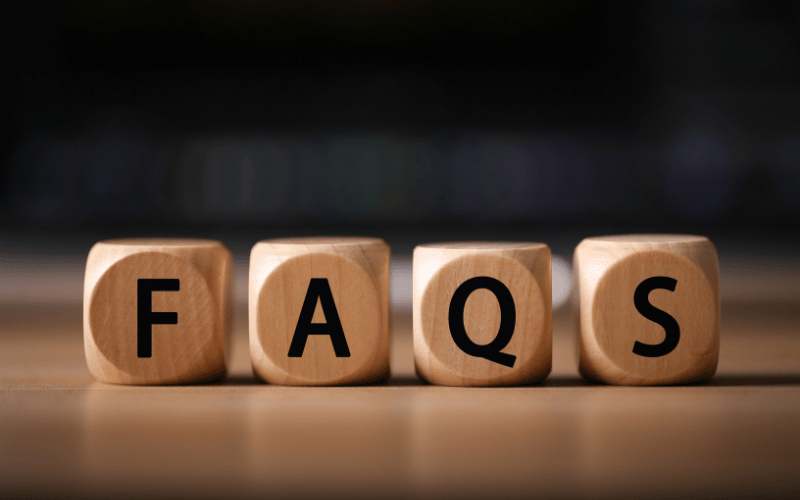FAQ: Frequently Asked Questions About Sleep Apnea (Sleep Apnoea) in Children

1. Can sleep apnea in children be a hereditary condition?
Yes, there is evidence to suggest that sleep apnea can run in families. While lifestyle factors like obesity can contribute to the condition, genetics can also play a role. Children with a family history of sleep apnea are at a higher risk of developing the condition themselves. However, it’s essential to remember that not every child with a family history will develop sleep apnea, and many children with no such history can still be affected.
2. Are there specific risk factors that make some children more prone to sleep apnea than others?
Apart from genetic factors, children with certain anatomical features such as enlarged tonsils or adenoids, a deviated septum, or a smaller jawbone may be more prone to sleep apnea. Additionally, children who are overweight or obese are at a higher risk. Medical conditions like Down syndrome and cerebral palsy are also associated with an increased risk of sleep apnea in children.
3. Is sleep apnea in children related to hormonal changes, such as those experienced during puberty?
Hormonal changes, particularly those related to puberty, can affect sleep patterns and may exacerbate existing sleep issues, including sleep apnea. For example, the growth spurts and hormonal fluctuations seen in puberty can contribute to weight gain, which is a risk factor for sleep apnea. However, puberty is just one piece of the puzzle and not every adolescent with sleep apnea can attribute the condition to hormonal changes.
4. Are there any long-term complications if sleep apnea in children goes untreated?
Yes, untreated sleep apnea can lead to a range of long-term complications including cardiovascular issues, high blood pressure, and metabolic disorders like diabetes. Moreover, chronic sleep deprivation can have severe consequences on cognitive development and emotional well-being, which can impact a child’s academic performance and social interactions.
5. Can sleep apnea in children be cured?
Treatment outcomes can vary. In some cases, especially those related to anatomical issues like enlarged tonsils, surgical intervention can effectively cure sleep apnea. For others, ongoing treatments like positive airway pressure (PAP) therapy may be required. In mild cases, lifestyle changes such as weight loss and dietary modifications can lead to significant improvements. Early diagnosis and a multi-faceted treatment approach offer the best chance for effectively managing or curing the condition.
Conclusion: Navigating the Maze of Sleep Apnea Symptoms in Children
Sleep apnea in children is an issue that requires urgent attention, not only for the sake of the child’s immediate health but also for their long-term well-being. As we’ve dived deep into 10 varied symptoms—ranging from snoring and choking to cognitive difficulties and mood swings—it becomes clear that sleep apnea is a multi-faceted problem. By familiarizing ourselves with these indicators, we can take a proactive approach to understanding and recognizing sleep apnea, and that’s half the battle won.
Yet, identifying symptoms is just the first step on a journey filled with uncertainties. Even if a symptom like nighttime enuresis or unusual sleep positions is spotted, it may not necessarily point to sleep apnea. However, a constellation of these symptoms can be the red flag that prompts further investigation. The onus is on us to be vigilant, without letting paranoia take the wheel.
Moreover, as touched upon in our FAQs, the road to diagnosis and treatment is not one-size-fits-all. Genetics can play a part, as can lifestyle factors, which is why interventions might range from surgical procedures to lifestyle changes. It’s not an easy path, and it takes a toll on both the child and their caregivers. But taking proactive steps based on symptom recognition could potentially avoid long-term complications that no parent would want their child to endure.